- Make It Yourself Lavender Heart-Shaped Bath Bombs!
- 20 Things You Never Knew About “Down There”
- 12 Best Foods For Those Suffering From Arthritis Pain
- 12 Personal Hygiene Mistakes Almost Everyone Makes (Mom Never Told You About #4!)
- 15 Medicinal Plants And Herbs From The Cherokee People
- 12 Mind-Blowing Benefits Of Drinking Coconut Water During Pregnancy
- 12 Outstanding Winter Foods That Won’t Fatten You Up Like A Christmas Turkey
The Truth about Essential Oils No One Wants to Tell You
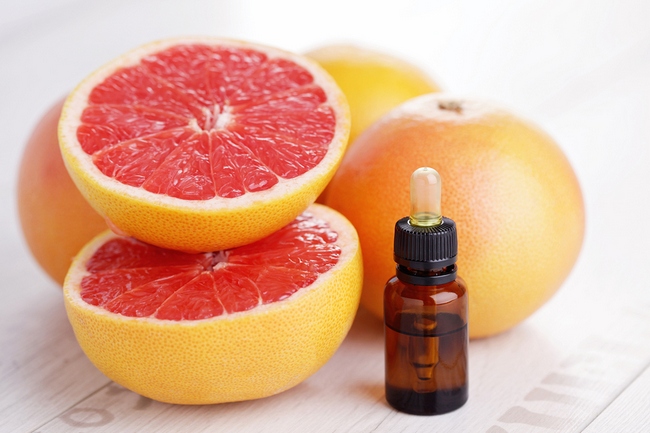
Photo credit: bigstock.com
No matter where you might live in the world, chances are you have used essential oils. Despite the fact that millions of people around the world report they use essential oils to successfully treat all types of health problems, the mainstream health community makes daily attempts to discredit this information.
Essential oils are simply everywhere. You can find them in many household cleaning products, and beauty products. Pure essential oils are sold virtually everywhere around the globe and online. If you read any blog, online news service or health information site (such as this one!) then you have heard all about the many health benefits of using essential oils.
Unfortunately, however, there are plenty of myths and lies being told about essential oils. These can vary from old-fashioned myths that have been passed down from generation to generation (such as ‘never use citrus-scented essential oils during your period as that will only make you bleed more heavily’), to misinformation to downright lies.
People have their reasons for these bits of untruth. Perhaps they are more interested in making a profit than in giving you the proper information. Perhaps they just assume the information their grandmother gave them was correct, and they never bothered to check it out. Perhaps they work for a doctor or pharmaceutical company, and they worry they might lose their job, or at least some income, if people were to start using essential oils rather than over-the-counter or prescription medications.
Whatever the reason, there is a great deal of information out there and it can be difficult to figure out what is the truth and what isn’t. Do essential oils actually work, or are they simply sweet-smelling lies?
We are going to try to narrow down the truth about essential oils: What they can do, what they can’t do and what you should know about them.
1. What Are Essential Oils Exactly?
In simple terms, essential oils carry the physical compounds of the flowers and plants from which they are in a highly concentrated form. There are several means of doing this, but the most common method today is through steam distillation. The volatile parts of the plant’s oils are extracted from the flowers, leaves, roots, bark and branches.
The most common chemical compounds found in essential oils are phenols, terpenes, alcohols, aldehydes, esters and ketones. Most essential oils contain antifungal, antiviral, antibacterial, anti-inflammatory compounds along with antioxidant capabilities.
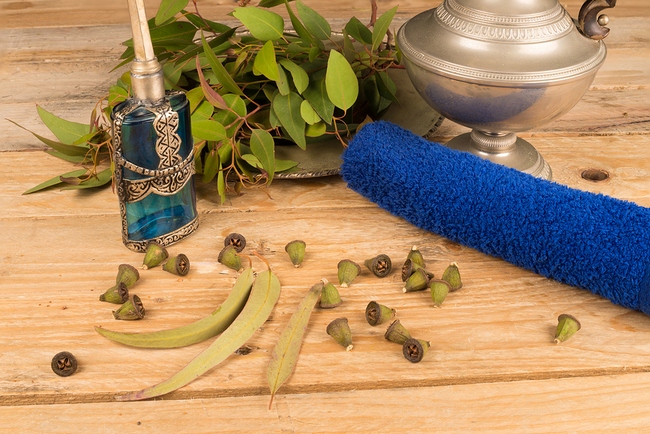
Photo credit: bigstock.com
2. Essential Oils Cannot Kill Superbugs
This is a lie. The mainstream medical industry would like you to believe this so you go to them for antibiotics.
Bacteria have proven to be quite crafty little creatures. They can mutate to make different strains, some of which are called “superbugs” because they have adapted to and are no longer affected by most modern-day antibiotics. .
First of all, there have been hundreds of clinical studies showing that essential oils kill bacteria just as effectively as antibiotics (some better than others, of course). What you won’t hear mainstream media tell you is that essential oils never created a superbug. This is something antibiotics cannot claim. They also won’t tell you that bacteria never build up a resistance to essential oils. In fact, essential oils can kill superbugs when antibiotics cannot.
One Georgetown University study found that oregano oil kills germs just as well as most antibiotics, and it killed drug-resistant strains of staphylococcus, which are now extremely difficult to treat using our normal range of antibiotics.
Another study, presented at the Society for General Microbiology Meeting in Edinburgh, showed that thyme and cinnamon essential oil were very effective at fighting bacteria, including Salmonella and E. Coli.
How can essential oils work when antibiotics don’t? It’s because essential oils can penetrate the cell wall, and kill viruses and bacteria. Antibiotics only work outside the cell wall. One drop of essential oil can open a receptor site inside our bodies and communicate with our DNA to alter our cellular function. This is something antibiotics cannot do.
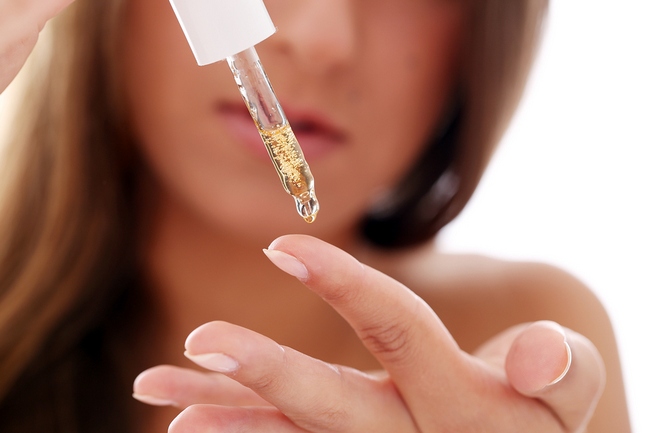
Photo credit: bigstock.com
3. Burns or Rashes on Your Skin from Essential Oils Means You are Detoxing
This is either a flat-out lie or a persistent myth. Think about this for just one minute: If you touch poison ivy, it deposits oil on your skin. You are going to get a burning, itching rash, aren’t you? Why do you think this is? Because you are detoxing? Of course not! This oil is irritating to the skin — nothing more and nothing less. If you put pure essential oil on your skin, and it burns or causes a rash, you need to dilute that oil because it bothers your skin. Keep in mind that what works for one person does not work for another. Some people drink a cup of chamomile tea and fall asleep in 30 minutes. Other people drink chamomile tea all day, and it does not make them sleepy. Simply because your friend used a particular oil undiluted does not mean it will be okay for you. This is why it’s a good idea to test a small area first to see how your body will react to a particular oil. Be safe rather than sorry.
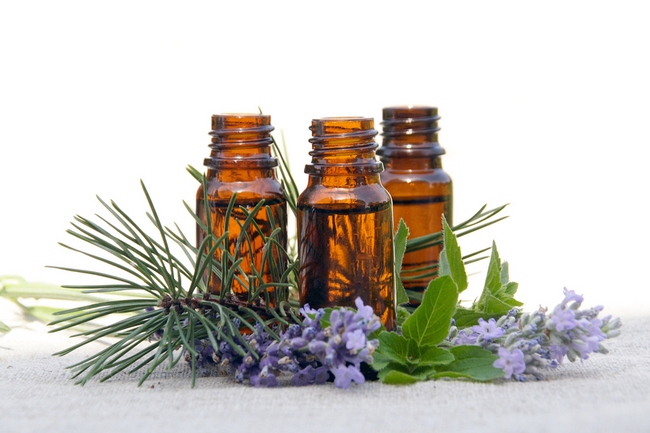
Photo credit: bigstock.com
4. Pure Essential Oils Should Last Forever. If Not, They had Synthetics Added
Well, this isn’t true either. This is probably just a misunderstanding or lack of knowledge about chemistry. Virtually nothing lasts “forever” — except perhaps honey and diamonds. Although it is true that pure essential oils might “exist” for some time, it simply isn’t accurate to think that they will not change or alter in any way. Eventually, oils will oxidize, which will alter their chemical makeup (unless you can find a way to seal them in an oxygen-free atmosphere, such as outer space). Most oils degrade over time. There are a few oils, such as patchouli and sandalwood, which get better over time, but only to a certain extent. We will never know what would happen to bottle of sandalwood after 5,000 years, but you can bet it would change — even if it only solidifies.
Citrus oils and colored oils (especially blue oils) degrade quite quickly. Blue oils should be refrigerated to prevent them from turning green and spoiling. Citrus oils should be used within one year, and the majority of other oils should be used within two years.

Photo credit: bigstock.com
5. Essential Oils are Not Standardized
This one is true, even if someone tries to tell you otherwise. The chemistry of essential oils can vary greatly due to local geography; weather conditions; the time of day and the season the plant was harvested; the type of soil it was grown in; how the plant was processed, packaged, and stored and for how long. Each plant, although it might look similar to another plant, is unique in its chemistry.
SEE ALSO: Top 10 Essential Oils Everyone Should Keep at Home
This means that no two essential oils can ever be exactly the same. Essential oils can be altered to achieve standardization, but this means that the essential oil is no longer natural or genuine because it was altered. This is one reason research using essential oils can be difficult. The International Standards Organization does have a set standard for each oil, so that at the very least each one has what is considered acceptable concentrations of the major chemical makeup of the plant.
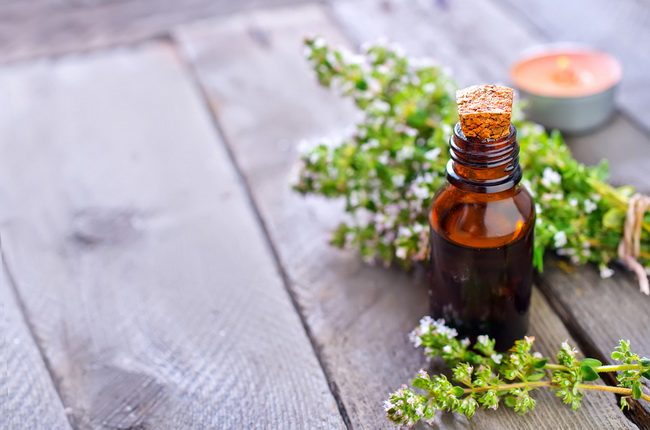
Photo credit: bigstock.com
6. You Should Always Buy Therapeutic Grade Essential Oils
This is true. If you find someone who says that there is no such thing as a therapeutic grade, you can show them this article. The problem is that there are MANY therapeutic grade standards. What one company states is “therapeutic grade” is not what another company would consider to be therapeutic grade. So, which company and which standards do you trust? This is what makes therapeutic grade essential oils so controversial. It’s important that you find out how each company you are considering buying oils from defines “therapeutic grade.” Do they simply mean that the oil is pure? Or that is has been standardized, even if it means adding or removing something so that all bottles are exactly the same year after year? Once you get some more information, you’ll better be able to determine which company carries the exact type of “therapeutic grade” essential oil you would like to use.
For those skeptics who still think that essential oils are nothing more than nicely scented placebos, check out the scientific references at the bottom of this article. Essential oils are powerful medicine, friends, and this becomes clear once you know the truth about them.
References:
































